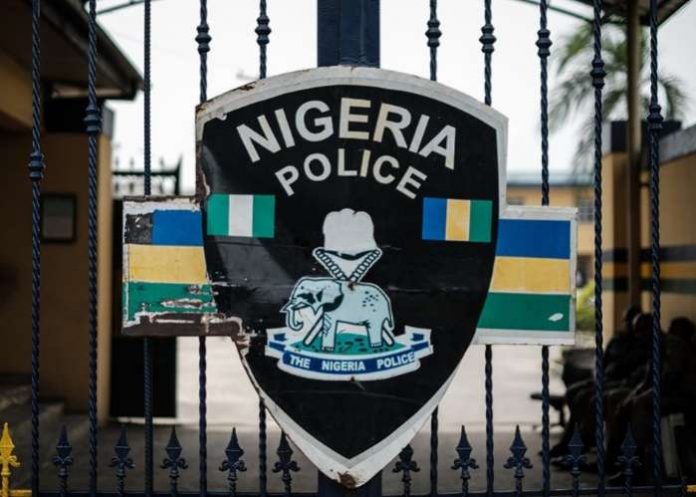The Nigerian Police has decried the hoarding and possession of unlicensed weapons by members of the public. The age-long cry for the voluntary submission of weapons has long been in circulation and Nigerian citizens who are unlicensed to carry firearms have been advised to give them up to help curb the increasing crime rate in Nigeria.

Most of the world’s firearms are held, not by national armed forces or police, but by civilians. In a detailed report which examines the ownership of revolvers and self-loading pistols, rifles, carbines, assault rifles and sub- and light machine guns, held by the civilian, military and law-enforcement groups, it shows there are now estimated to be more than 1 billion firearms in the world an increase of 17% over the past 10 years.
The majority of the arms, 85% (857 million), are estimated to be held by civilians (including individuals, private security firms, non-state armed groups, sects and gangs); while law enforcement agencies own 2% (23 million) and military stockpiles account for 13% (133 million).
Read Also: H’ Rights Violation: Police Need To Arrest Innoson, Others
The police for some time have been making efforts to collect or confiscate illegal arms. On the 21st of February, the Inspector General of Police, Nigeria Mohammed Abubakar Adamu ordered the public to surrender all illicit firearms during the 21 days from the 22nd of February to the 15th of March. The police later reported about 4,000 firearms surrendered or recovered countrywide.
Most of these Arms are manufactured locally by local arm vendors or blacksmiths and sold to rural hunters or vigilante groups while the more modern variants are imported from Neigboring border countries after having been purchased from Illegal arms merchants who roam all around war zones in Africa looking for willing clients. And these willing clients include Armed robbers, Niger Delta Militants, Kidnappers, Killer Herdsmen and Fulani Jihadist sects like the Boko Haram, the ISWAP and other smaller factions.
To curb these outflow and transfer of arms, the federal government should deploy more police officers to majorly affected areas; ensure they are better equipped and improve local ties to gather better intelligence on the influx of these Arms. In addition, it should begin to disarm armed groups, including ethnic militias and vigilantes in the affected states, and closely watch land borders to curb the inflow of firearms.
A key priority is to curb the influx and possession of illegal firearms, especially automatic rifles. The new federal whistle-blower program on illegal firearms is a promising start; it should be supported by speedily following up on informants’ leads and protecting their identities. Likewise, the steps taken by several state governments to curb illicit weapons should also be sustained.
Better coordination between federal and state law enforcement would be another important step. The former could set up an inter-agency task force, overseen by the federal justice ministry, to help states investigate major cases of herder-farmer violence and bring culpable parties to justice. At a minimum, the Buhari administration could investigate major high-fatality incidents that have occurred under its watch.
Given that most armed groups did not comply with this directive, the police and other security agencies should step up efforts to identify and arrest illegal arms producers and dealers. With the aid of informants, they also should detect and seize illegal stockpiles in remote areas. The customs and immigration services should scale up their monitoring of Nigeria’s land borders, to curb the inflow of illicit firearms and mercenaries. Security services should also liaise more closely with locals to persuade militias to disarm.
Such persuasion, however, will yield results only when the government institutes policies that assure the armed groups and communities that support them that their interests are being addressed and that their security will be protected. The increasing availability of illicit firearms, both locally-produced and smuggled in from outside, worsens crime in Nigeria making it quite inhabitable.
AFRICA TODAY NEWS, NEW YORK

